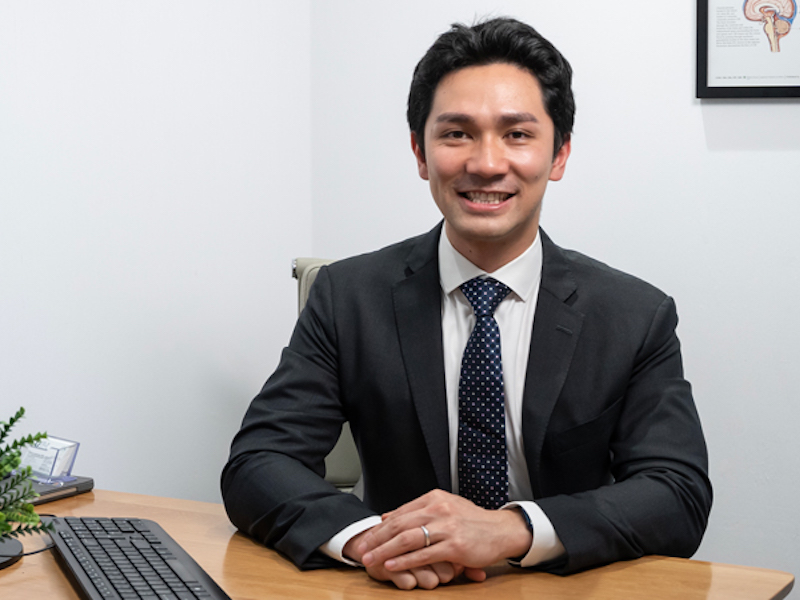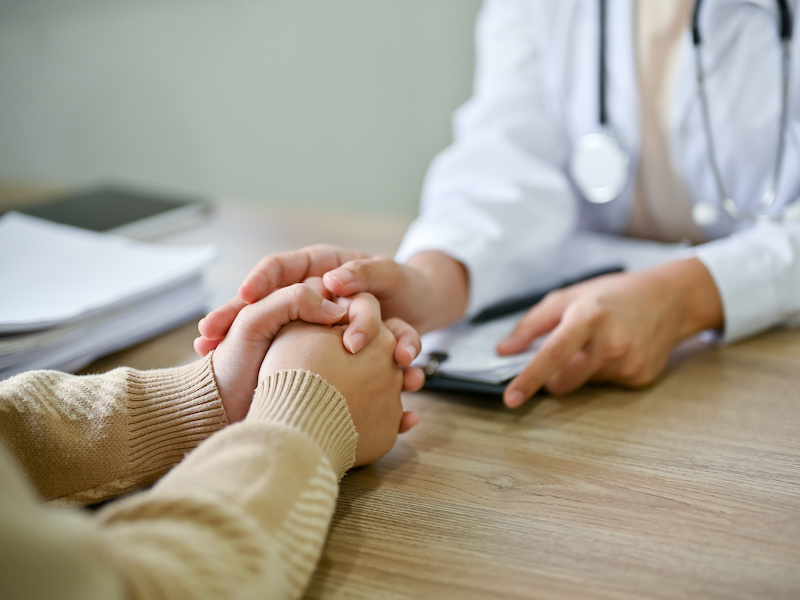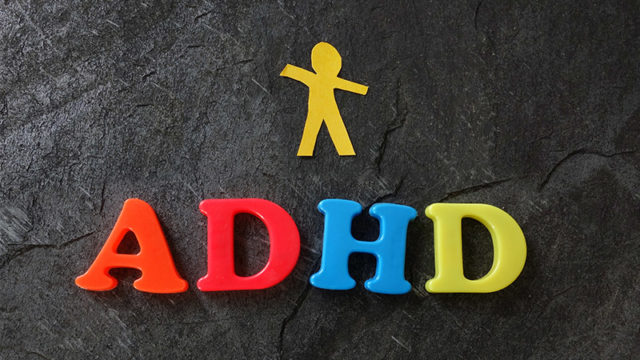A recent study showed that approximately 13 percent of the population in Hong Kong suffer from common mental disorders, including depression. However, a quarter of them did not seek treatment. Without proper treatment and antidepressants, a mental condition of this kind can deteriorate and even eventually progress to what’s known as treatment-resistant depression (TRD). Despite the high prevalence of depression, there are still various misconceptions about the disease. Here, Dr Keith Hariman, Specialist in Psychiatry, looks at common myths around depression. He also clarifies related concepts and looks at how medication for depression can help.
Myth #1: Depression only affects mood
Sadness is one of the well-known depressive symptoms. However, apart from mood, depression also alters one’s thoughts and behaviour. People with depression may lack energy and motivation towards various activities, making them reluctant to go out. Their mind may be filled with negative thoughts, and the desperation or guilt that they feel may be abnormally high.
The disease also imposes a physical impact on people. Depression can affect their appetite and also lead to sleep disturbance. More severe cases may even present with self-injury, suicidal ideation and auditory hallucinations. Co-existing mental disorders and illnesses can be found in some cases, such as anxiety, alcohol and drug abuse.
Without proper medications, depression may progress to treatment-resistant depression (TRD), which makes the treatment journey even more challenging.
Myth #2: Treatment-resistant depression (TRD) is just a more serious form of depression
It’s much more than a more serious form of depression. The proper definition of TRD is when someone has received two or more types of antidepressant therapy with an adequate dose for a sufficient length of time, but still failed to show a sufficient response to medication.
Those at high risk include those with low compliance to treatment. Even though they are prescribed with proper medication, the condition may worsen if they skip their doses. Alternatively, some people may stop the medication themselves due to reasons such as forgetfulness, a belief of recovery, or a perceived lack of effect of the medication.
For those who have been compliant to the treatment, there are also possibilities of developing into treatment-resistant depression if they show suboptimal responses to the medication, a family history of such or having other co-morbidities.
Myth #3: Depression will inevitably progress into TRD
In fact, the progression to TRD is preventable. In terms of disease management, suitable medication, along with high treatment compliance and family support, are of the utmost importance. Early diagnosis and treatment help prevent depression from getting worse.
Upon prescription of medications from mental health professionals, those with depression should adhere to the instructions for management of the condition. This not only helps to prevent relapses, but also reduces the risk of treatment-resistant depression (TRD.) Family members can be a key source of support to support the people with depression through the path to recovery.
Myth #4: There is no treatment to cure depression, and it will always relapse
We do know that depression can relapse. The more episodes a person has, the more seriously and more frequently it can happen. Fortunately, adopting a proper treatment regimen can largely reduce episodes of relapse.
Currently, the mainstream treatment options for depression include oral drugs, psychotherapy and sometimes brain stimulation for severe cases. Based on the condition, symptoms and difficulties that the people with depression are facing, mental health professionals will tailor the treatment regimen accordingly.
Antidepressants such as selective serotonin reuptake inhibitors (SSRIs) or serotonin and norepinephrine reuptake inhibitors (SNRIs) are commonly used to modulate neurotransmitters in the brain. As it takes two to four weeks for the antidepressant medicines to take effect, the symptoms cannot be relieved immediately. Indeed, some people with depression may think that the medicines are not working properly and then stop the medication themselves prematurely. Recently, there is a new form of treatment designated for TRD; it acts on the “glutamate pathway” and may lead to a quicker response.
Regardless of the mode of treatment adopted, treatment adherence is the key to prevent relapses and progressing to TRD.
Myth #5: The new TRD treatment called esketamine is the same as the drug ketamine
The new nasal medication esketamine acts on the glutamate pathway, allowing it to take effect more quickly, sometimes within a day. Esketamine is different from the street drug ketamine, as esketamine is given in a controlled formulation with a much lower dose. It is approved by the US FDA for its effectiveness in treating treatment-resistant depression (TRD.)
Some may worry about the issue of addiction, but research has suggested the addictive potential of esketamine to be relatively minimal.
Myth #6: Aside from offering companionship, family members of a person with depression can’t do a lot to support them
Family support is very important to people with depression as a partner throughout the whole treatment journey. Apart from mental support, there are several things that the family can do in order to help manage mental disorders. For one thing, they can encourage patients to take antidepressant medication on time. For those lacking motivation, family members can proactively schedule routine activities. Also, they can encourage the person with depression to explore the outside world and resume social life gradually.
A word about one TRD case
A person with TRD working in the financial field was under stress for a long period of time due to the high sense of responsibility he felt as a father. He suffered from fatigue and lack of motivation. What’s more, his mood fluctuations affected his marital relationship. Though he had received different types of oral antidepressants, unfortunately the responses were suboptimal, and he switched to using esketamine instead. After taking the antidepressant medication for one month, he felt more relaxed. He had fewer arguments with his wife and regained the energy to dine out together more often. This brought a positive impact on his marriage.
The above information is provided by Dr Keith Hariman.
Interesting in learning more about treatments for mental disorders and other conditions? See our Health & Fitness section for more features.








